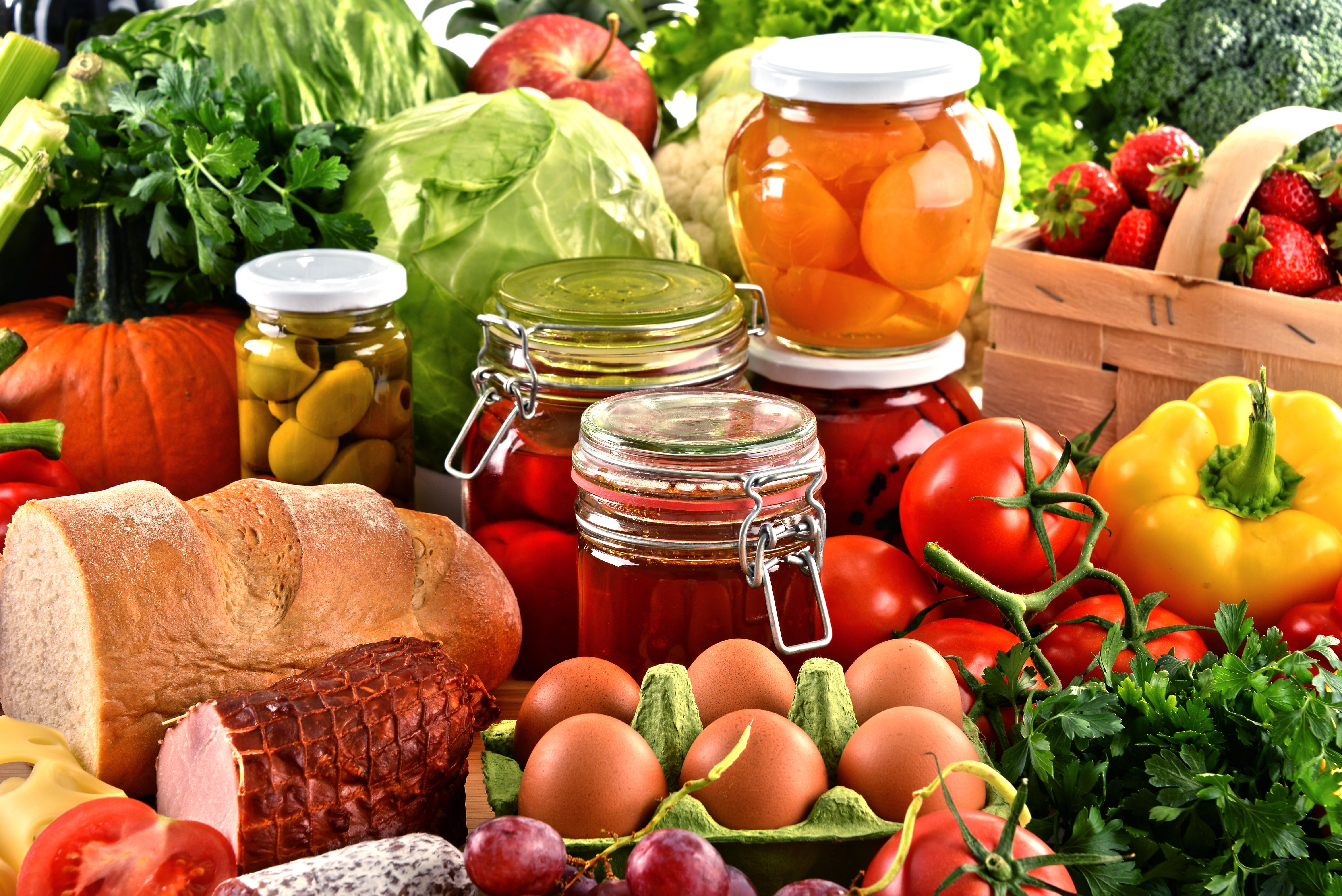Britain is seeing a summer of illness. Here’s what you can do to avoid getting sick
Here’s when you should you get tested or see a doctor

Your support helps us to tell the story
From reproductive rights to climate change to Big Tech, The Independent is on the ground when the story is developing. Whether it's investigating the financials of Elon Musk's pro-Trump PAC or producing our latest documentary, 'The A Word', which shines a light on the American women fighting for reproductive rights, we know how important it is to parse out the facts from the messaging.
At such a critical moment in US history, we need reporters on the ground. Your donation allows us to keep sending journalists to speak to both sides of the story.
The Independent is trusted by Americans across the entire political spectrum. And unlike many other quality news outlets, we choose not to lock Americans out of our reporting and analysis with paywalls. We believe quality journalism should be available to everyone, paid for by those who can afford it.
Your support makes all the difference.Summer in the UK is seeing a rise in illness, new strains of Covid and whooping cough cases on the rise.
In the summer of bugs, many have already been hit by a nasty flu doing the rounds.
Many of us know a friend or family member who has come down with nasty cold-like symptoms over the last few weeks, and talk about the resurgence of Covid has started circulating. Some health experts have also suggested that FLiRT and LB.1 might be able evade immunity, which is why people who have been vaccinated are still getting ill.
So, is there anything we can do to boost our immune systems this season and stop ourselves from getting ill?
Colin Michie, associate dean for research and knowledge exchange at the University of Central Lancashire, says summer can be a challenging time for our health.
“Many summer activities, such as festivals, can put us at greater risk of infection as we interact with lots of different people in a crowded space,” says Michie. “The new [Covid] variants, collectively known as FLiRT variants, can evade our immune responses more effectively than previous variants. So in some individuals, their antibodies from previous infection or vaccination may not be completely protective.”
But before we start thinking about immune-boosting hacks, one of the most important things for preventing getting ill is to avoid spreading and catching bugs in the first place.

“Those with symptoms need to follow the same guidance, such as avoiding in-person visits to the GP. Taking time to rest at home when symptomatic, and avoiding those who are vulnerable is a good way to help prevent the spreading of the infection,” says Michie.
“Make sure to wash your hands regularly, and take precautionary measures if you do become unwell. Take care when visiting anyone who might be more vulnerable, such as the elderly or people with respiratory conditions.”
Some people may also want to consider wearing masks in busy public spaces if particularly concerned.
Eat a balanced diet

There are things we can do to give our immune systems a helping hand, however. The immune system is multifaceted and can be affected by the nutritional diversity of the food we eat.
Ana Carolina Goncalves, superintendent pharmacist at Pharmica, says: “Studies show that opting for a balanced diet rich in fruits, vegetables, proteins and whole grains can ensure the body has access to a variety of vitamins and minerals needed for the effective modulation of immune responses and to enhance the body’s ability to fight various pathogens.
“Some of the most important vitamins and minerals to bolster the immune system include, but are not limited to, vitamin C, which prevents unstable and highly reactive molecules from damaging various cells and tissues in the body, and supports a crucial component of the body’s immune system known as the epithelial barrier.
“Zinc contributes to the normal development and function of cells that mediate pathogen immunity and influences the production of cytokines (anti-inflammatory compounds that are critical for effective immune responses),” she adds. “Omega-3 fatty acids help prevent chronic inflammation and enhance the function of immune cells by modulating the production of signalling molecules that regulate immune responses.”
To get a good variety in summer, mix up colourful salads and pack in plenty of legumes, beans, whole grains and other fibre-rich veg to keep your gut microbiome happy.
Get plenty of sleep
Goncalves also says it’s vital to get high-quality sleep each day. “Sleep deprivation can impair the immune response by disrupting the production of anti-inflammatory proteins called cytokines, making the body more susceptible to infections,” she explains.
This can be trickier during summer, especially when you’re tossing and turning in the heat and your social calendar is a bit more packed than usual. But your immune system will thank you for trying to prioritise sleep.

“Sleep quality may be improved by sleeping in a room that is 17°C to 19°C, as these temperatures facilitate a drop in body temperature during the early NREM stage, allowing the body to enter deeper sleep more efficiently,” says Goncalves.
“Reducing potential sources of sleep disturbances at night by keeping phones on silent, face down, and away from arm’s reach. And even consulting a pharmacist or doctor about taking sleep treatments [if you’re struggling].”
Limit alcohol
Summer brings more sporting events, barbecues and drinking with friends in a pub garden. However excessive drinking can also have an impact on our immune system.
“Chronic and excessive alcohol consumption reduces the number and effectiveness of white blood cells, such as lymphocytes and neutrophils, essential for fighting infections,” says Goncalves.
“It also disrupts the gut microbiome, leading to dysbiosis, an imbalance of beneficial bacteria that weakens the immune system’s ability to combat infections.

Additionally, alcohol increases intestinal permeability, often called ‘leaky gut’, allowing pathogens and toxins to enter the bloodstream more easily, heightening immune response and vulnerability to infections.
“Furthermore, excessive alcohol can impair the liver, crucial for detoxification and immune regulation, leading to alcoholic liver disease and significantly compromising the immune system.”
When should you get tested or see a doctor?
Although Covid testing hasn’t been compulsory for a while, Goncalves says rapid antigen tests to detect Covid-19 are now available at local community pharmacies for as little as £2 each, and suggests: “It is always advisable to use such tests if there is any indication that an individual may have Covid-19.”
With cold and flu symptoms, it’s usually not necessary to see a doctor. But seek advice if symptoms don’t get better or are particularly severe, or if pre-existing health conditions are a concern.